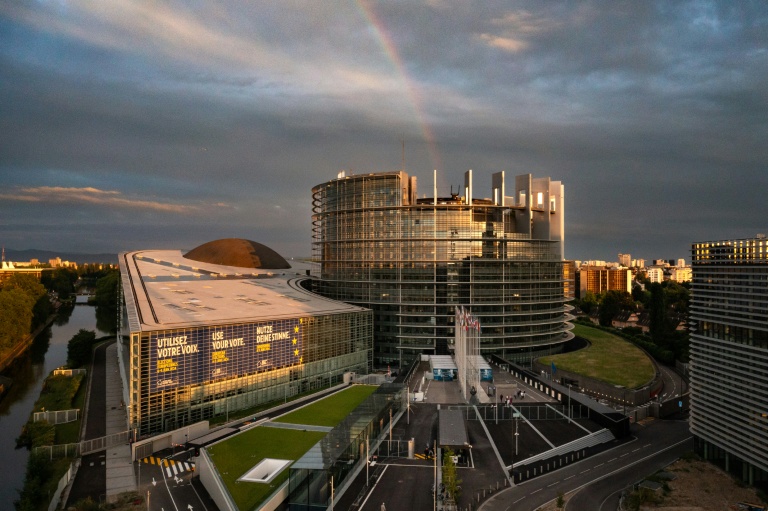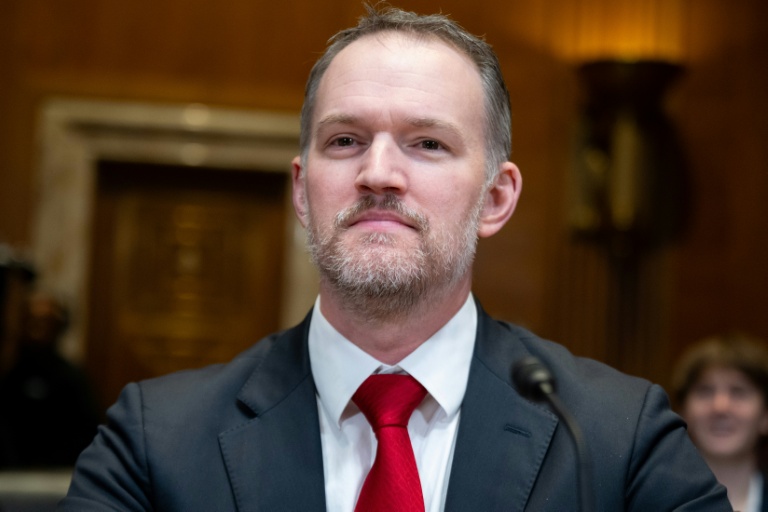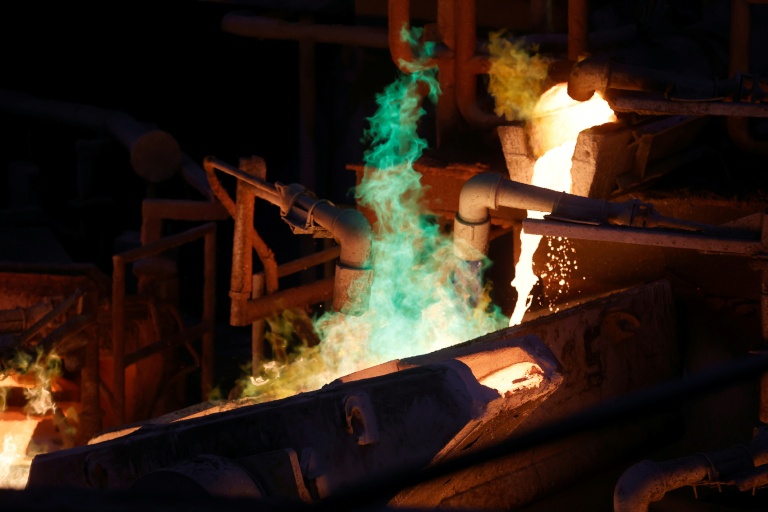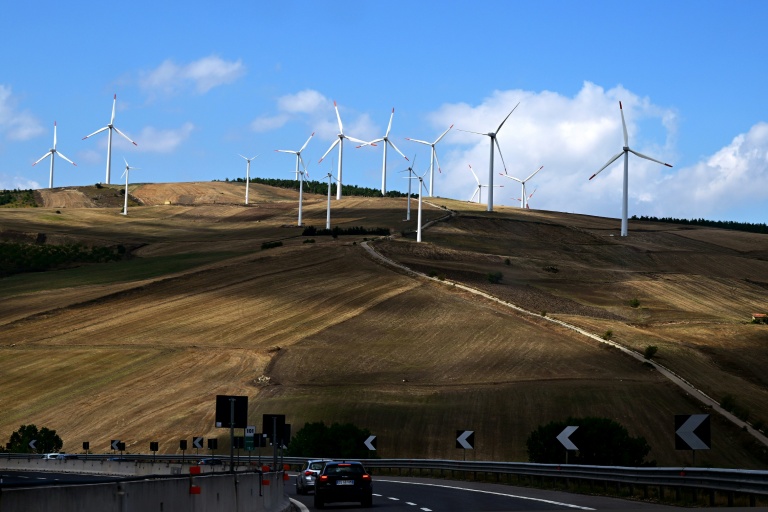Bangkok (AFP) – Having shattered assumptions in the tech sector and beyond about the cost of artificial intelligence, Chinese startup DeepSeek’s new chatbot is now roiling another industry: energy companies. The firm says it developed its open-source R1 model using around 2,000 Nvidia chips, just a fraction of the computing power generally thought necessary to train similar programmes. That has significant implications not only for the cost of developing AI, but also the energy for the data centres that are the beating heart of the growing industry.
The AI revolution has come with assumptions that computing and energy needs will grow exponentially, resulting in massive tech investments in both data centres and the means to power them, bolstering energy stocks. Data centres house the high-performance servers and other hardware that make AI applications work. So might DeepSeek represent a less power-hungry way to advance AI? Investors seemed to think so, fleeing positions in US energy companies on Monday and helping drag down stock markets already battered by mass dumping of tech shares. Constellation Energy, which is planning to build significant energy capacity for AI, sank more than 20 percent.
“R1 illustrates the threat that computing efficiency gains pose to power generators,” wrote Travis Miller, a strategist covering energy and utilities for financial services firm Morningstar. “We still believe data centers, reshoring, and the electrification theme will remain a tailwind,” he added. But “market expectations went too far.”
– Nuclear ambitions –
In 2023 alone, Google, Microsoft, and Amazon ploughed the equivalent of 0.5 percent of US GDP into data centres, according to the International Energy Agency (IEA). Data centres already account for around one percent of global electricity use, and a similar amount of energy-related greenhouse gas emissions, the IEA says. Efficiency improvements have so far moderated consumption despite growth in data centre demand. But the IEA projects global electricity use by data centres could double from 2022 figures by next year, to around Japan’s annual consumption. That growing demand is unevenly spread. Data centres accounted for about 4.4 percent of US electricity consumption in 2023, a figure that could reach up to 12 percent by 2028, according to a report commissioned by the US Department of Energy.
Last year, Amazon, Google, and Microsoft all made deals for nuclear energy, either from so-called Small Modular Reactors or existing facilities. Meta, meanwhile, has signed contracts for renewable energy and announced it is seeking proposals for nuclear energy supplies. For now though, data centres generally rely on electricity grids that are often heavily dependent on fossil fuels.
– ‘Jevons paradox strikes again!’ –
Data centres also suck up significant amounts of water, both indirectly due to the water involved in electricity generation, and directly for use in cooling systems. “Building data centres requires lots of carbon in the production of steel and also lots of carbon-intensive mining and production processes for creating the computing hardware to fill them,” said Andrew Lensen, senior lecturer in artificial intelligence at Victoria University of Wellington. “So if DeepSeek was to replace models like OpenAI’s… there would be a net decrease in energy requirements.”
However, increasing efficiency in technology often simply results in increased demand — a proposition known as the Jevons paradox. “Jevons paradox strikes again!” Microsoft CEO Satya Nadella wrote on X on Monday. “As AI gets more efficient and accessible, we will see its use skyrocket, turning it into a commodity we just can’t get enough of,” he added.
Lensen also pointed out that DeepSeek uses a “chain-of-thought” model that is more energy-intensive than alternatives because it uses multiple steps to answer a query. These were previously too expensive to run, but could now become more popular because of efficiencies. Lensen said DeepSeek’s impact might be to help US companies learn “how they can use the computational efficiencies to build even larger and more performant models.” “Instead of making their model 10 times smaller and efficient with the same level of performance, I think they’ll use the new findings to make their model more capable at the same energy usage.”
© 2024 AFP




















